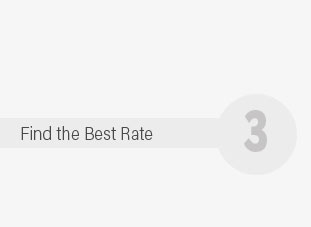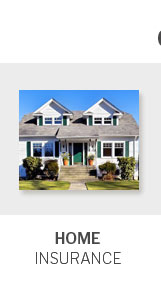 |
 |
 |
|---|
 |
 |
 |
 |
|---|
 |
 |
 |
 |
 |
 |
|---|

Understanding Home Buildings Insurance: A Comprehensive GuideHome buildings insurance, often viewed as a vital safety net, serves as a protective shield for homeowners against the unpredictable nature of life. This type of insurance covers the structure of your home, including walls, roofs, and floors, ensuring that any damage resulting from events like fires, storms, or vandalism does not become a financial burden. While some may argue that the likelihood of such disasters is relatively low, the peace of mind offered by this insurance is invaluable. As we delve deeper into the specifics of home buildings insurance, it becomes evident that its significance extends beyond mere protection-it is a cornerstone of responsible homeownership. Coverage Details: What Is Typically Included? At its core, home buildings insurance is designed to cover the cost of repairing or rebuilding your home should it be damaged by an insured event. Typically, this includes damage caused by fires, floods, earthquakes, and other natural disasters, though policies can vary widely between providers. It is crucial for homeowners to scrutinize their policy details, as the scope of coverage can significantly impact claims in the event of a disaster. In some cases, additional coverage may be required for natural phenomena not included in the standard policy, such as floods or earthquakes, depending on geographical location and local risk factors. Factors Influencing Premiums: What Affects the Cost? Several factors influence the cost of home buildings insurance premiums. These include the age and construction type of the home, its location, and the homeowner's claim history. Homes in areas prone to natural disasters or those with older construction may incur higher premiums due to increased risk. Additionally, homeowners who have made multiple claims in the past may face elevated premiums as insurers assess them as high-risk clients. It's worth noting that installing safety measures such as smoke detectors, burglar alarms, and robust locking systems can sometimes lead to discounts, incentivizing homeowners to enhance the security and safety of their property. Choosing the Right Policy: What Should Homeowners Consider? Selecting the appropriate home buildings insurance policy requires careful consideration and research. Homeowners should compare quotes from multiple insurers, considering not only the cost but also the reputation and reliability of the company. Reading reviews and seeking recommendations can provide insights into the experiences of other policyholders. Moreover, understanding the terms and conditions, particularly exclusions, is essential to avoid unpleasant surprises when filing a claim. An often overlooked aspect is the policy's rebuild cost, which should reflect the current cost of labor and materials to ensure sufficient coverage. Conclusion: The Value of Preparedness In conclusion, while home buildings insurance might seem like an unnecessary expense to some, it is a prudent investment that can safeguard one's financial stability in the face of unforeseen events. The adage 'better safe than sorry' rings true, as the cost of repairing or rebuilding a home without insurance can be astronomical. As homeowners navigate the complexities of selecting an insurance policy, a well-informed decision can offer the assurance that their most valuable asset is protected. In today's world, where natural disasters seem to be increasing in frequency and intensity, having robust home buildings insurance is not just wise-it's essential. Ultimately, the foresight to invest in comprehensive coverage can spell the difference between recovery and financial ruin, underscoring its indispensable role in prudent financial planning. https://www.thehartford.com/business-insurance/building-insurance
We're here to help make your life a little easier, offering building insurance coverage made for business owners like you. https://www.gocompare.com/home-insurance/buildings-insurance/
Buildings insurance is a type of home insurance that covers the permanent structure of your property. That means the floors, walls, windows and doors, as well ... https://www.bankrate.com/insurance/homeowners-insurance/new-construction/
While your home is under construction, your home insurance policy may not cover theft of building materials and other losses. A dwelling under construction add- ...
|
|---|